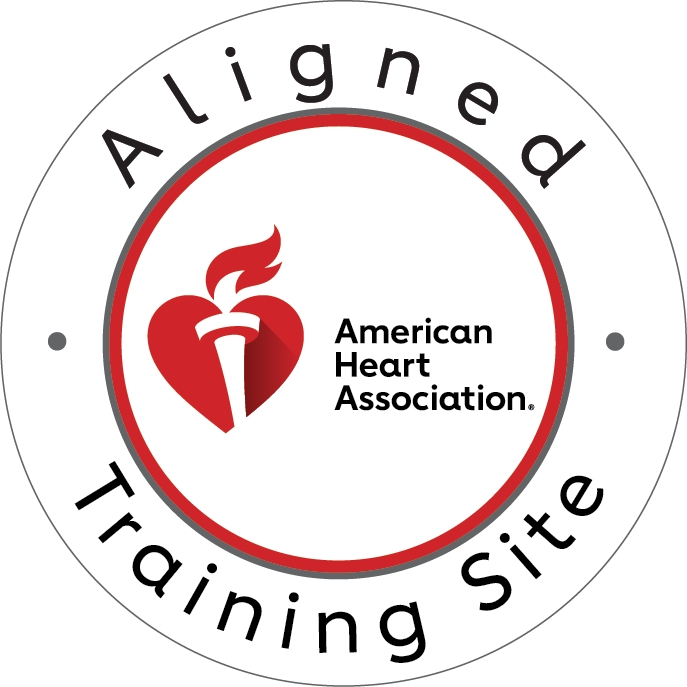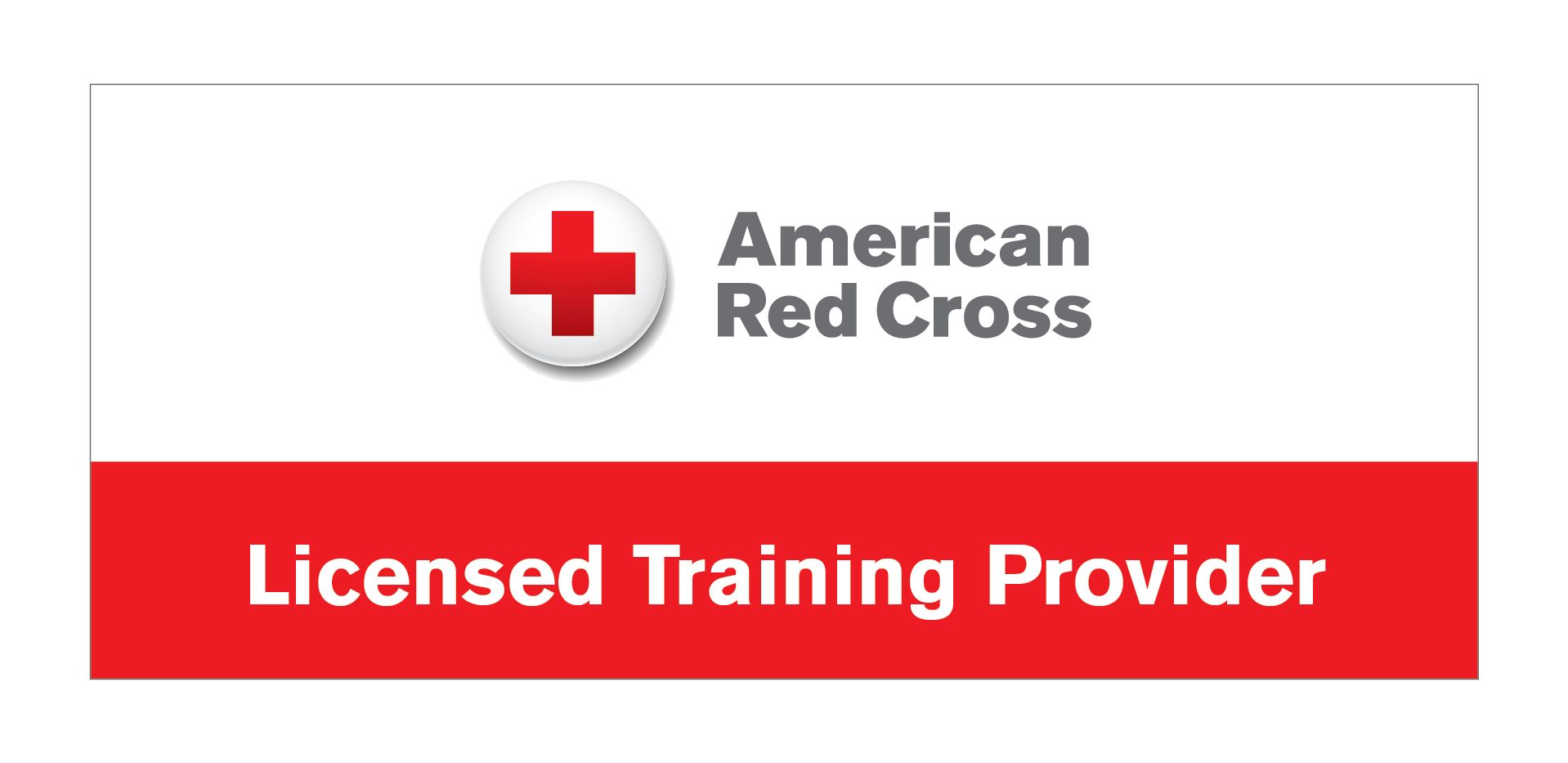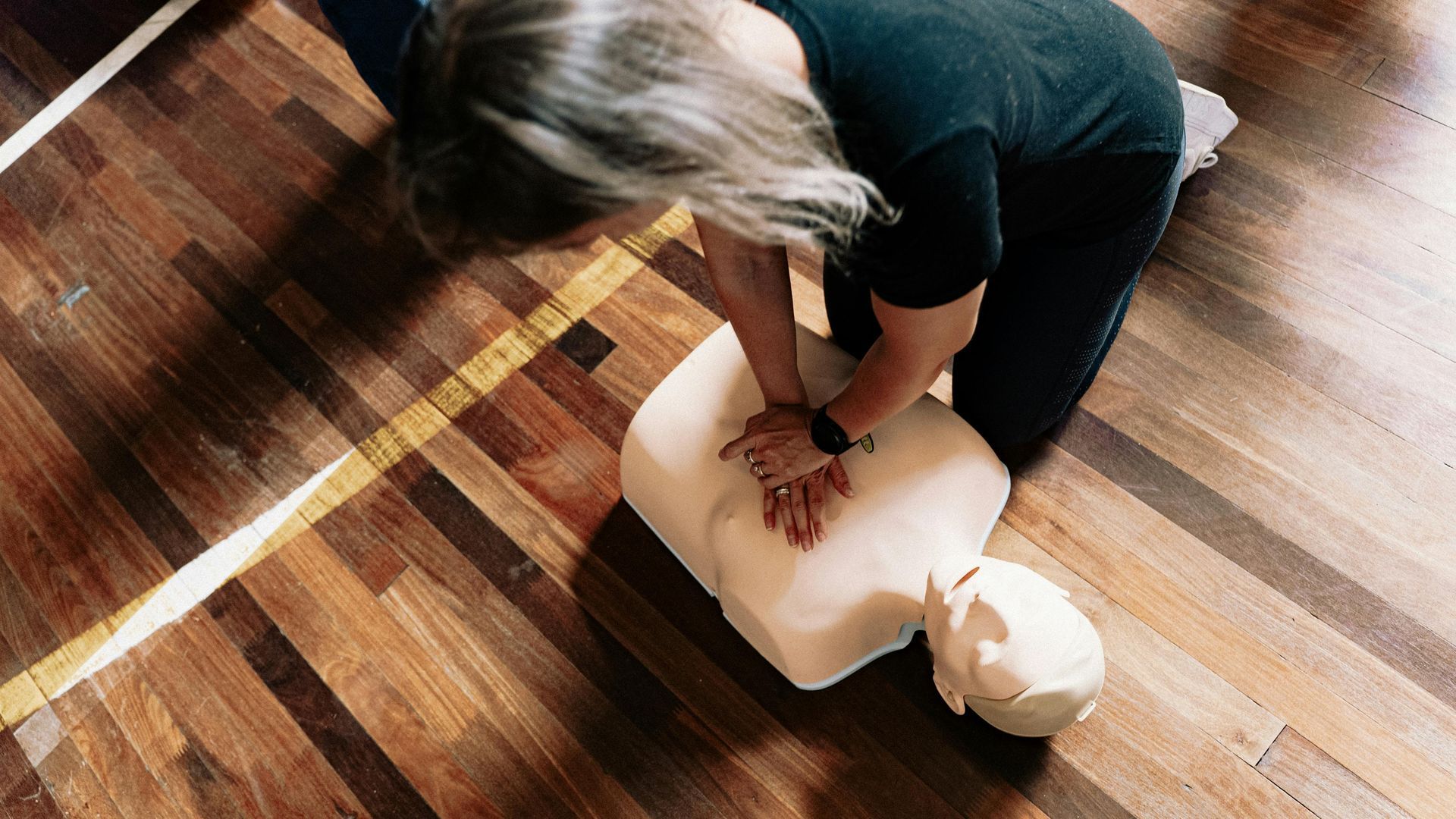When facing a medical emergency in Houston, having the right CPR training provider can make the difference between basic skills and life-saving expertise. The best CPR training combines current AHA or ARC guidelines with practical, hands-on instruction that builds real-world confidence for emergency situations.
What Makes Quality CPR Training in Houston?
Quality CPR training starts with certified instructors who understand both the technical requirements and the emotional challenges of emergency response. In Houston's diverse healthcare landscape, from the massive Texas Medical Center to community clinics throughout the metro area, training providers must deliver instruction that meets strict professional standards while remaining accessible to all skill levels.
Look for training programs that offer both American Heart Association and American Red Cross certifications, ensuring your credentials meet workplace requirements across Houston's major hospital systems and healthcare facilities. The best providers combine classroom instruction with scenario-based practice, allowing participants to experience realistic emergency situations in a controlled learning environment.
Effective programs also emphasize proper technique over speed, teaching the muscle memory needed for high-quality chest compressions and rescue breathing. BLS certification services in Houston should include comprehensive AED training, since automated external defibrillators are increasingly common in workplaces, schools, and public spaces throughout the city.
How Do You Evaluate Training Providers?
Start by verifying instructor certifications and asking about their real-world medical experience. The most effective CPR instructors bring clinical backgrounds that inform their teaching, helping students understand not just the "how" but the "why" behind each technique. They should demonstrate patience with beginners while challenging experienced participants to refine their skills.
Consider the training environment and equipment quality. Professional training centers use current-generation manikins that provide feedback on compression depth and rate, helping participants develop proper technique. The facility should accommodate hands-on practice with adequate space for each participant to practice without crowding.
Examine the curriculum structure and time allocation. Comprehensive CPR courses dedicate sufficient time to both adult and pediatric techniques, recognizing that emergency response differs significantly between age groups. Quality programs also address choking response, basic first aid, and team coordination skills essential in multi-rescuer scenarios.
When Should You Renew Your CPR Certification?
CPR certifications typically expire every two years, but waiting until expiration isn't ideal for maintaining skills. Research shows that CPR technique deteriorates significantly within six months without practice, making regular refresher training valuable even for certified individuals.
Plan renewal training approximately 18 months after initial certification to ensure continuity of coverage while refreshing skills before significant degradation occurs. CPR and first aid services in Houston often offer renewal courses with updated guidelines and technique refinements that improve effectiveness.
Healthcare professionals may benefit from more frequent skill updates, particularly those working in high-acuity settings where emergency response is common. Many Houston medical facilities encourage annual refresher training to maintain peak performance levels among staff.
Houston-Specific Training Considerations
Houston's climate and demographics create unique training considerations that quality providers address in their instruction. The city's hot, humid summers can affect both rescuer endurance and patient physiology during emergencies, requiring adapted response strategies.
The metropolitan area's cultural diversity means effective training should address language barriers and cultural considerations that may impact emergency communication. Quality instructors discuss techniques for clear, simple communication during high-stress situations when language differences might complicate coordination efforts.
Houston's sprawling geography and traffic patterns also influence emergency response timing. Training should emphasize the critical nature of immediate response, since EMS arrival times can vary significantly depending on location and traffic conditions. This makes bystander CPR skills even more crucial in the Houston area.
Look for training providers who understand these local factors and incorporate regional considerations into their instruction. The best Houston CPR training prepares participants not just for textbook emergencies, but for real-world situations they're likely to encounter in Southeast Texas.


